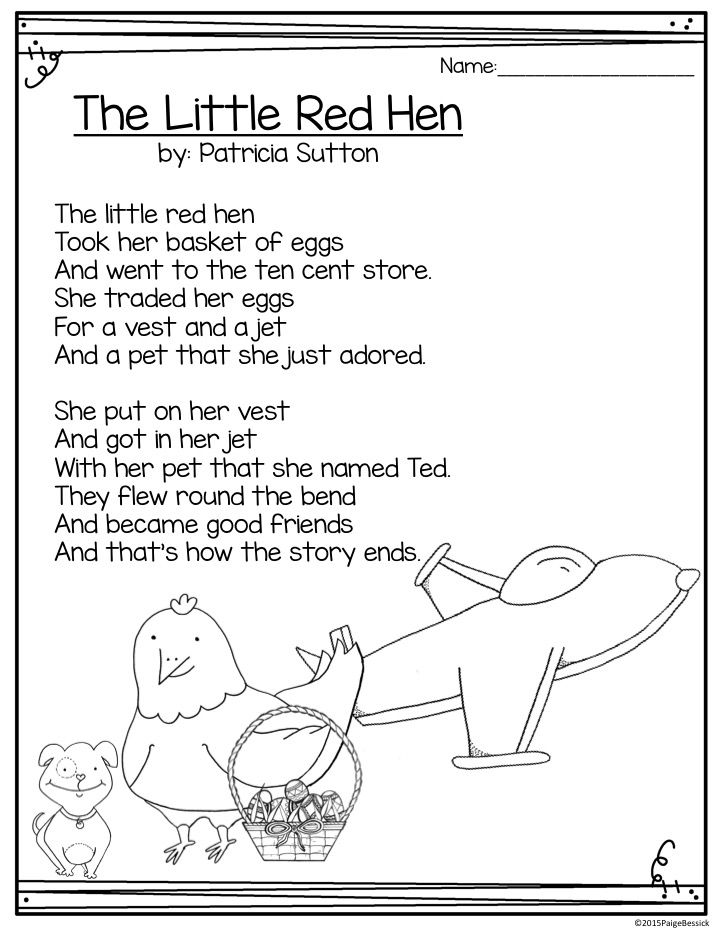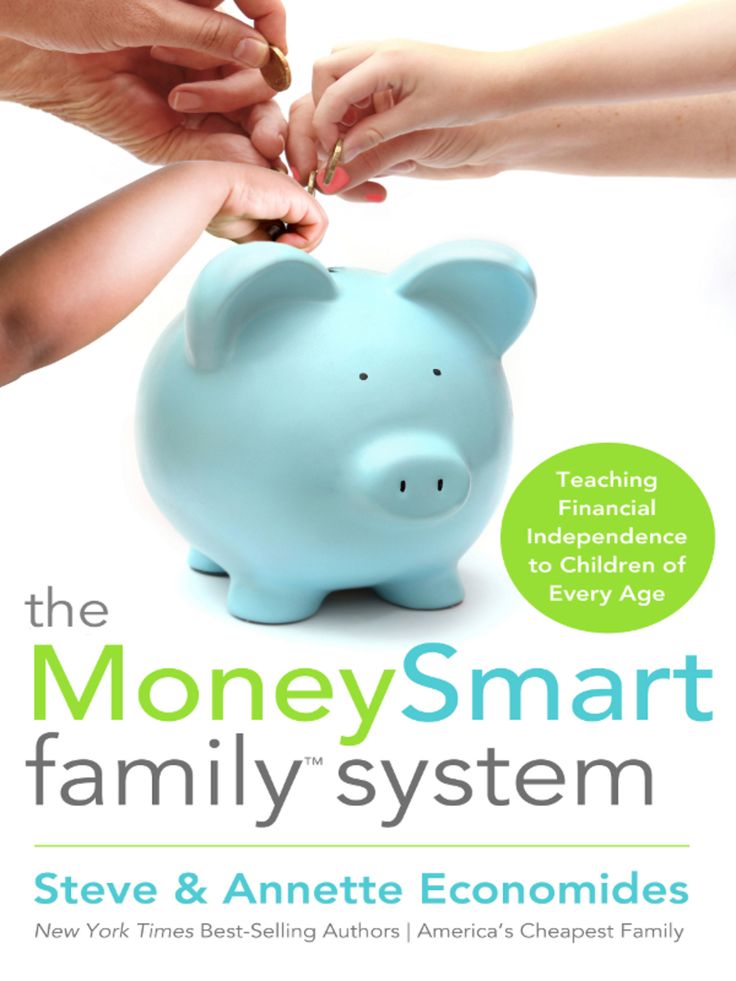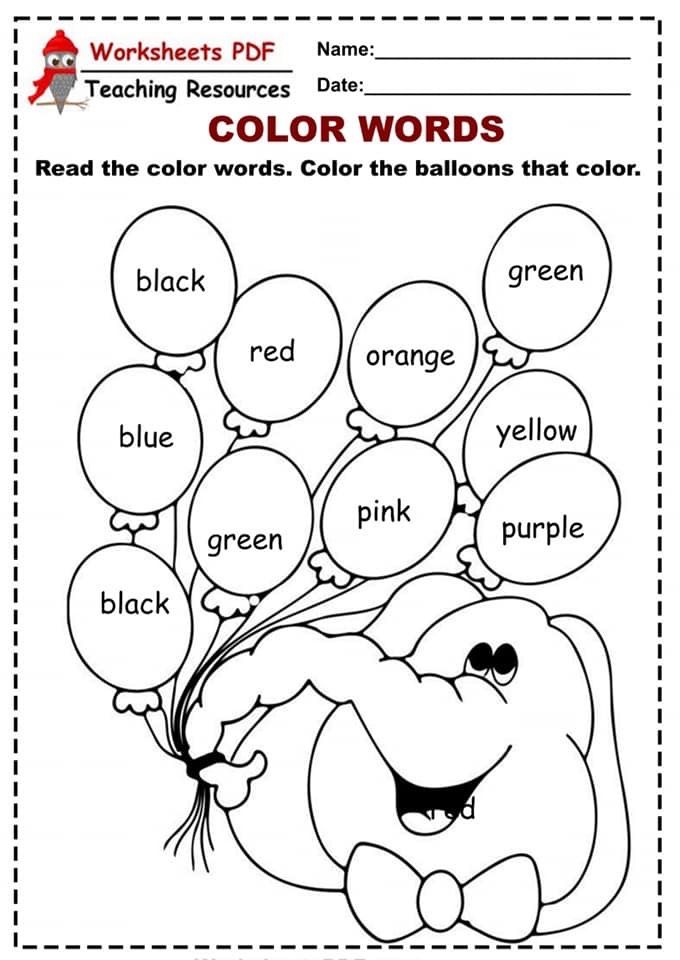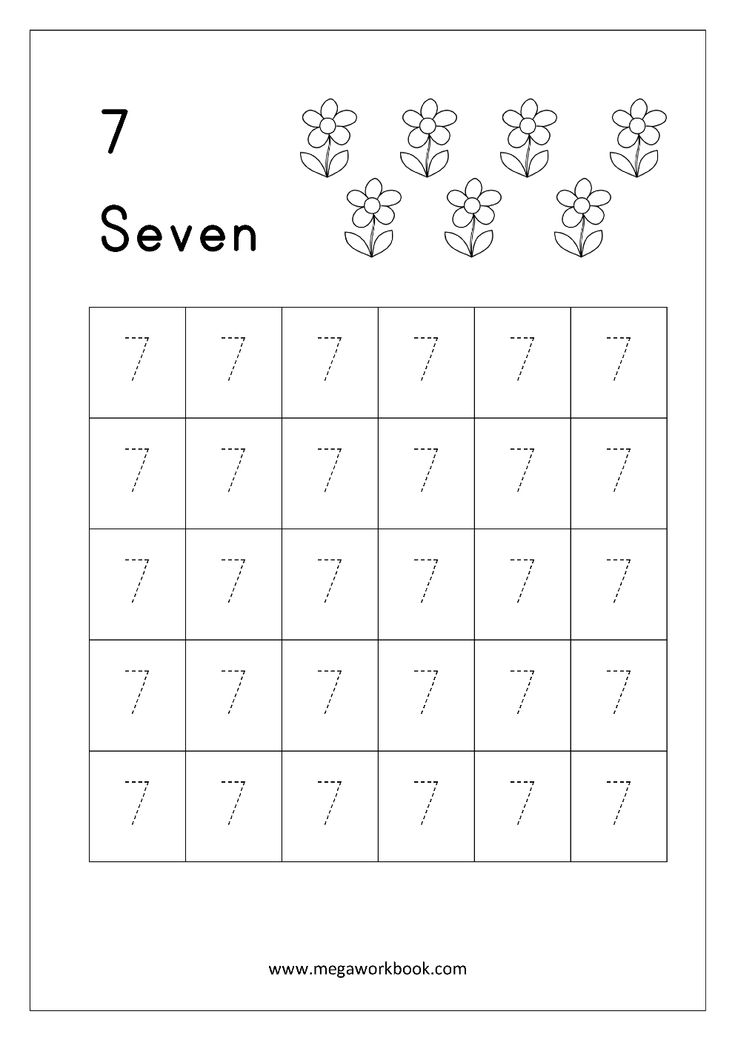Short story the letter
The Letter by Somerset Maugham, 1926
So tightly plotted and richly characterized are Somerset Maugham's 90-odd short stories that quite a few have transferred very successfully to stage and screen. "Rain," which eventually was to earn its author a million dollars one way and another, has been dramatized, filmed three times, turned into a musical, and even made the basis of a ballet. "The Letter" has done almost as well, both as a long-running play featuring Gladys Cooper and as a classic Hollywood film starring Bette Davis.
"Fact is a poor story teller," Maugham once observed. It rambles, is haphazard, and tails off untidily. The writer, he claimed, needs to impose the discipline of a beginning, a middle, and an end. In the case of "The Letter," however, he used material taken direct from real life and, except for one element, remained faithful to the facts. On his travels around British Malaya he had been told by a lawyer in Singapore about a notorious murder trial of 1911.
A headmaster's wife in Kuala Lumpur had shot the manager of a local tin mine when he called on her one evening in her husband's absence. He attempted to kiss her, she said, and after he turned out the light, she groped for the switch, somehow touched a revolver, and fired, not once but six times. The prosecutor established that she had previously been on intimate terms with the man and that since then he had acquired a Chinese mistress. Public opinion sympathized with her and saw her as a heroine defending her honor. She was found guilty but received a pardon after a petition on her behalf. The one element Maugham added to this ready-made plot was a letter in which she had begged the man to come and see her on the evening her husband was away. According to Maugham's version the letter is in the hands of the jealous Chinese mistress, who only agrees to release the incriminating document in return for a large sum of money raised by the husband.
Maugham, a successful and experienced playwright, dramatized "The Letter" himself. The play opened with the stage in darkness and the sound of six shots fired rapidly one after another. By that time, fortunately for the author, the woman who had inspired his story was dead. While another of his works set in Malaya,
The Painted Veil, evoked the threat of a libel action he was obliged to settle out of court, "The Letter" escaped any hint of legal problems. Even so, his habit of putting people and places into his Malayan stories with only a slight change of name caused much indignation in the colony among those who had spoken freely and shown him hospitality. It was as well that he never went back after the 1920s.
The play opened with the stage in darkness and the sound of six shots fired rapidly one after another. By that time, fortunately for the author, the woman who had inspired his story was dead. While another of his works set in Malaya,
The Painted Veil, evoked the threat of a libel action he was obliged to settle out of court, "The Letter" escaped any hint of legal problems. Even so, his habit of putting people and places into his Malayan stories with only a slight change of name caused much indignation in the colony among those who had spoken freely and shown him hospitality. It was as well that he never went back after the 1920s.
"The Letter" was published along with other Malayan stories in a 1926 collection entitled The Casuarina Tree. The characters are firmly drawn with Maugham's usual economy: the husband Robert Crosbie, a big fellow, gentle but stupid; the wife Leslie Crosbie, outwardly graceful and fragile, inwardly made of steel; the lover Geoff Hammond, a handsome and dashing ex-soldier; and the Crosbies' lawyer, the discreet and worldly-wise Mr. Joyce, through whose eyes the action is described. Another character, one of the few Chinese depicted in any detail by Maugham, is the clerk Ong Chi Seng, a Cantonese. After studying at Gray's Inn, Ong is working in Mr. Joyce's office to gain further experience. He is the go-between who alerts Joyce to the letter, arranges the negotiations—with a satisfactory commission for himself—and ensures that the letter and its revelation about Mrs. Crosbie's affair with Hammond is suppressed. Interestingly enough, the device of the crucial letter was a favorite of the Edwardian theater (Lonsdale was to use it in his play The Last of Mrs. Cheyney) when Maugham wrote his first plays. The invention of the telephone put paid to that.
Joyce, through whose eyes the action is described. Another character, one of the few Chinese depicted in any detail by Maugham, is the clerk Ong Chi Seng, a Cantonese. After studying at Gray's Inn, Ong is working in Mr. Joyce's office to gain further experience. He is the go-between who alerts Joyce to the letter, arranges the negotiations—with a satisfactory commission for himself—and ensures that the letter and its revelation about Mrs. Crosbie's affair with Hammond is suppressed. Interestingly enough, the device of the crucial letter was a favorite of the Edwardian theater (Lonsdale was to use it in his play The Last of Mrs. Cheyney) when Maugham wrote his first plays. The invention of the telephone put paid to that.
Why did Mrs. Crosbie shoot her attempted seducer six times? This is the only point that worries the cool, analytical Mr. Joyce. It is also the factor that sustains interest in what would otherwise be a straightforward case. Each time Mrs. Crosbie gives her account of the incident she remains composed and does not vary the smallest detail.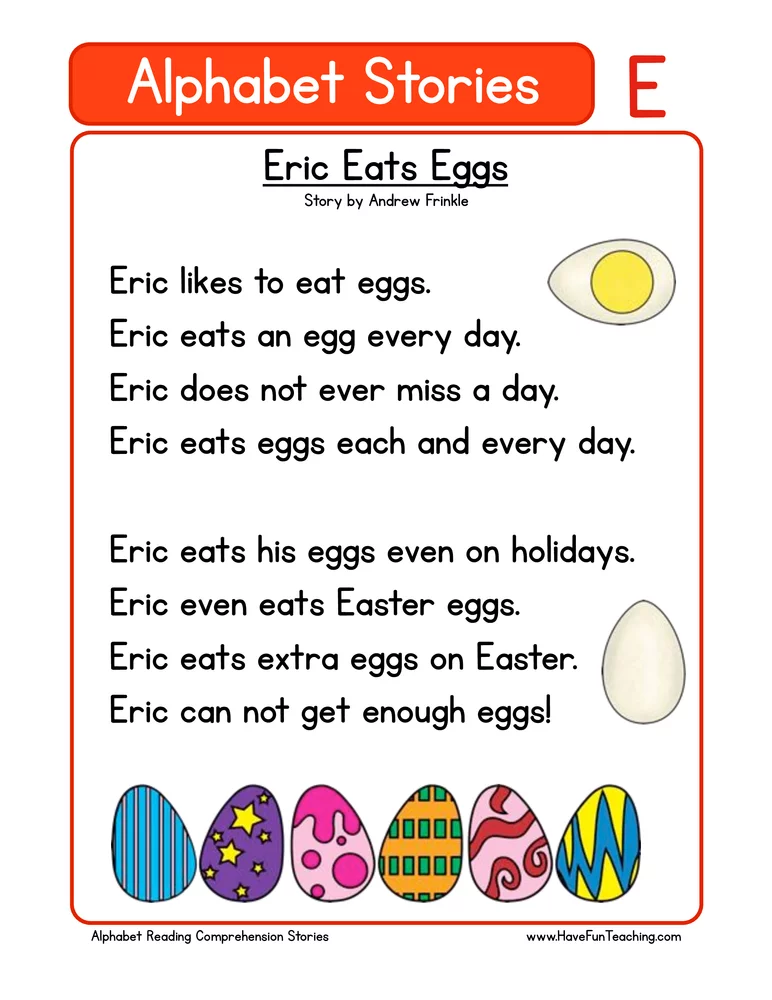 The man tried to rape her, she repeats, and, as for the six shots, well, her memory must have failed her at this juncture. Joyce reflects to himself, in typical Maugham style, "The fact is, I suppose, that you can never tell what hidden possibilities of savagery there are in the most respectable of women." Then, when the existence of the letter is revealed through the agency of Ong, he realizes that Hammond, as she later confesses to him, had been her lover for years. Her anger at his deserting her for a Chinese mistress was uncontrollable, which was why she fired at his corpse until there were no more bullets left in her revolver.
The man tried to rape her, she repeats, and, as for the six shots, well, her memory must have failed her at this juncture. Joyce reflects to himself, in typical Maugham style, "The fact is, I suppose, that you can never tell what hidden possibilities of savagery there are in the most respectable of women." Then, when the existence of the letter is revealed through the agency of Ong, he realizes that Hammond, as she later confesses to him, had been her lover for years. Her anger at his deserting her for a Chinese mistress was uncontrollable, which was why she fired at his corpse until there were no more bullets left in her revolver.
Since Mr. Joyce and his wife are close friends of the Crosbies, the lawyer is ready to commit an unprofessional act. The letter is duly bought at a price that nearly bankrupts Crosbie, the damning evidence is destroyed, and Mrs. Crosbie is acquitted amid public acclamation on grounds of justifiable self-defense. The story does not have a happy ending, however, for the dull-witted husband at last sees that his marriage is ruined, and his wife continues to be tortured by her lover's rejection of her. A frequent theme with Maugham is the unexpected depths a human being can reveal under stress, and here it is Mrs. Crosbie who proves his point. She is racked by pain and rage, and her normally placid face turns into "a gibbering, hideous mask." One "would never have thought that this quiet, refined woman was capable of such fiendish passion." To a certain extent the lawyer, who plays the part of
raisonneur, is Maugham himself—urbane, unshockable, studying human emotion with the clinical remoteness of the doctor he once was. Although the content of "The Letter" is melodramatic—as a play it was highly sensational—its luridness is contained by Maugham's deliberately matter-of-fact style. He often used a professional man as the medium for telling a story, thus adding to the authority and credibility of the narrative. After all, one does not lightly challenge the opinions of one's lawyer or medical adviser.
A frequent theme with Maugham is the unexpected depths a human being can reveal under stress, and here it is Mrs. Crosbie who proves his point. She is racked by pain and rage, and her normally placid face turns into "a gibbering, hideous mask." One "would never have thought that this quiet, refined woman was capable of such fiendish passion." To a certain extent the lawyer, who plays the part of
raisonneur, is Maugham himself—urbane, unshockable, studying human emotion with the clinical remoteness of the doctor he once was. Although the content of "The Letter" is melodramatic—as a play it was highly sensational—its luridness is contained by Maugham's deliberately matter-of-fact style. He often used a professional man as the medium for telling a story, thus adding to the authority and credibility of the narrative. After all, one does not lightly challenge the opinions of one's lawyer or medical adviser.
—James Harding
‘The Letter’: a short story
The Letter
Nadine never expected to find anything at these jumble sales, but today was her lucky day. There it was, sitting on top of a pile of generic romances and autobiographies – a stunning copy of Jane Austen’s Emma, hardback and blue as the sky. She picked it up, and addressed the old lady running the stall outside her house: “How much for this book, ma’am?”
There it was, sitting on top of a pile of generic romances and autobiographies – a stunning copy of Jane Austen’s Emma, hardback and blue as the sky. She picked it up, and addressed the old lady running the stall outside her house: “How much for this book, ma’am?”
The lady smiled, a friendly smile full of memories: “Oh, Emma – that was my husband John’s favourite story, my dear. If you will cherish the book as he did, then you may take it.”
That evening, Nadine sat on her bed, ready to thumb through the old copy of Emma. She flicked through the pages, and out fell an envelope. She raised an eyebrow – based on the postmark, it was old, aged nearly fifty years. Handwritten, addressed to a lady called Alexa. Her interest was piqued.
She couldn’t resist it – she opened the letter and read the contents.
Dear Alexa,
I’ve known you all of my life, and I’ve always been able to turn to you in my moments of need. Well, I need help now like never before.
Mum and Dad have been pushing for me to get married, and they’re actually serious about it this time. Problem is, they don’t speak to each other – they’ve both set me up with someone, and now I’m stuck with two fiancées. Mum matched me with her friend’s daughter. You remember Sue from the bakery? Yes, her – her daughter, Evie, is an estate agent. She’s clever, and she makes me laugh so much. If I’d only met her, I could see myself living with her. But then, you’ve got Sam. She’s Dad’s choice, and she looks like Dad’s choice, if you get what I mean – she’s stunning, she really is. Blonde, like a piece of art, and she knows it. We had a great couple of nights together, but where do we go from there?
You see my issue, Alexa. I had a great time with Evie, but was it love? I had a great time with Sam, but will the attraction fade? And, no matter what I do, I’m stuck. If I choose one, I break off the engagement with the other and I break her heart. If I choose neither, I annoy my parents and I break the two women’s hearts. It’s a no-win situation, an impossible choice, and here I am, forced to choose.
If I choose neither, I annoy my parents and I break the two women’s hearts. It’s a no-win situation, an impossible choice, and here I am, forced to choose.
I need your help, Alexa. You’ve always known what is best for me. You’re my best friend, and your advice is always right.
What should I do, Alexa?
John
There was a second piece of paper in the envelope, a reply from Alexa. It was short and simple, and yet it said so much:
Follow your heart, John, and you’ll make the right choice.
Nadine had been thinking about the letter all night, and it had kept her wide awake. She expected one great romance, and she’d found another – but how did it end? Who did John choose?
It was that question that brought her back to the house that next day, saw her rap on the door and search for words as she realised she had no idea what she was going to say.
The older lady opened the door.
“I don’t know if you remember me,” Nadine rambled, “I was here yesterday. You gave me the book.”
You gave me the book.”
“Yes, of course, my dear. Is everything okay?”
She produced the letter, and handed it to the lady, who opened it and started scanning it.
“I found this – it belonged to your husband. I read it, I hope you don’t mind, just to see what it was. But now I need to know what happened – what’s your name, ma’am?”
The lady finished the letter, and smiled, memory-filled tears in her eyes:
“It’s Alexa, dear.”
This story is part of a brand new Creative Writing series within the Boar Arts section! If you want the opportunity to feature in the new creative section of the Boar, you can submit pitches to [email protected].
"Letter from a stranger" in 6 minutes. Summary of Zweig's short story
The famous novelist R., after a three-day trip to the mountains, returns to Vienna and, looking at the number in the newspaper, recalls that on this day he turns forty-one years old. After reviewing the accumulated mail, he puts aside a thick letter written in an unfamiliar handwriting. After a while, sitting comfortably in an armchair and lighting a cigar, he opens the letter. Neither on it nor on the envelope is the name and address of the sender. The letter begins with the words "To you, who never knew me", and it is not clear that this is an appeal or a heading. Intrigued, R. plunges into reading.
After a while, sitting comfortably in an armchair and lighting a cigar, he opens the letter. Neither on it nor on the envelope is the name and address of the sender. The letter begins with the words "To you, who never knew me", and it is not clear that this is an appeal or a heading. Intrigued, R. plunges into reading.
Advertisement:
A stranger writes about the first time she saw R. She was thirteen years old when R. moved into their house. The daughter of a poor widow, the girl followed him with admiration, he seemed to her the embodiment of a distant, beautiful life, inaccessible to her. She sat for hours in the hallway to see him through the peephole, kissed the handle of the door that he touched. Once she even managed to visit his apartment: in the absence of the owner, the old servant beat out the carpets, and the girl helped him to drag them back. But three years later, the girl had to leave: her mother remarried, and her wealthy stepfather took her with the girl to Innsbruck. Before leaving, the girl plucked up courage and rang the doorbell of her idol. But no one answered her call: obviously, R. was not at home. She waited for his return, ready to throw herself at his feet, but, alas, he did not return home alone: there was a woman with him.
Before leaving, the girl plucked up courage and rang the doorbell of her idol. But no one answered her call: obviously, R. was not at home. She waited for his return, ready to throw herself at his feet, but, alas, he did not return home alone: there was a woman with him.
The girl lived in Innsbruck for two years: from sixteen to eighteen years. Neither a secure life, nor the cares of her parents, nor the attention of her fans distracted her from thoughts about her beloved, and at the first opportunity, rejecting the help of her relatives, she left for Vienna and entered a ready-made dress store. Every evening after work she went to R.'s house and stood under his windows for hours. When she once ran into him on the street, he did not recognize her as a former neighbor. He never recognized her. Two days later, he met her again and invited her to dinner together. After the restaurant, he invited the girl to his place, and they spent the night together. In parting, he gave her white roses. Then he twice invited the girl to his place. Those were the happiest moments of her life.
Then he twice invited the girl to his place. Those were the happiest moments of her life.
Advertisement:
But R. had to leave. He again gave her roses and promised to immediately inform the girl upon his return, but she never expected a single line from him. She had a child, their common child. She left work, was in poverty, but did not want to ask for help from either her relatives or him: she did not want to tie him up, did not want to arouse distrust in him, did not want him to help her only out of pity or shame. The stranger gave all of herself to the child, and R. reminded of herself only once a year: on his birthday, she sent him a bouquet of white roses - exactly the same as he gave her after the first night of their love. She still does not know if he understood who and why sends him these flowers, if he remembered the nights spent with her.
So that the child would not need anything, the stranger became a kept woman, she was very pretty, had many admirers. It happened that lovers became attached to her and wanted to marry, but in the depths of her soul she still hoped that R. would someday call her, and was afraid to lose the opportunity to respond to his call. Once in a restaurant where a stranger was with friends, R. saw her and, not recognizing, mistook her for a cocotte. He called her to him, and she followed him right from the middle of the evening, not thinking about offending the person with whom she came, without saying goodbye to anyone, without even taking a coat from the hanger, because her friend had the number. They spent the night together again. And in the morning R. said that he was going on a trip to Africa. She timidly remarked: “What a pity!” He said that they always return from travels. “They come back, but having managed to forget,” she objected. She hoped that at that moment he would recognize her, but he did not. Moreover, when she was about to leave, he furtively slipped money into her clutch. She made one last attempt: she asked him for one of the white roses in the blue vase.
It happened that lovers became attached to her and wanted to marry, but in the depths of her soul she still hoped that R. would someday call her, and was afraid to lose the opportunity to respond to his call. Once in a restaurant where a stranger was with friends, R. saw her and, not recognizing, mistook her for a cocotte. He called her to him, and she followed him right from the middle of the evening, not thinking about offending the person with whom she came, without saying goodbye to anyone, without even taking a coat from the hanger, because her friend had the number. They spent the night together again. And in the morning R. said that he was going on a trip to Africa. She timidly remarked: “What a pity!” He said that they always return from travels. “They come back, but having managed to forget,” she objected. She hoped that at that moment he would recognize her, but he did not. Moreover, when she was about to leave, he furtively slipped money into her clutch. She made one last attempt: she asked him for one of the white roses in the blue vase.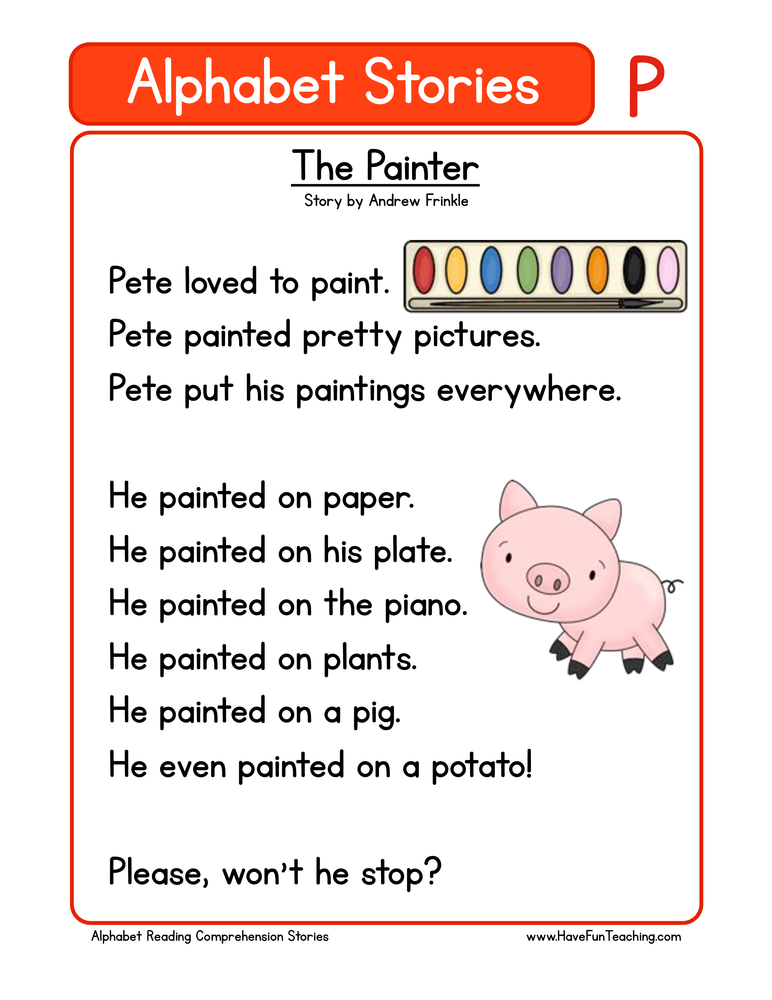 He readily handed her the flower. He explained that he does not know who sends him flowers, and that is why he loves them. “Maybe they are also from the woman you forgot,” said the stranger, with a look begging him to recognize her. But he kindly and incomprehensibly looked at her. He never recognized her.
He readily handed her the flower. He explained that he does not know who sends him flowers, and that is why he loves them. “Maybe they are also from the woman you forgot,” said the stranger, with a look begging him to recognize her. But he kindly and incomprehensibly looked at her. He never recognized her.
Running out of the apartment, she almost ran into his old servant. When she looked at the old man through tears, a kind of light flashed in his eyes: she was sure that he recognized her, although he had never seen her since her childhood. She snatched the money that R. had paid her out of her clutch and thrust it into the old man. He looked at her in fright - and at that moment he learned more about her than R. had in his entire life.
Advertisement:
A stranger's child has died. Feeling that she herself was getting sick, she decided to write a letter to R. and reveal the secret of her love for him. He will receive this letter only if she dies. She asks him to buy white roses once a year in memory of her and put them in a blue vase.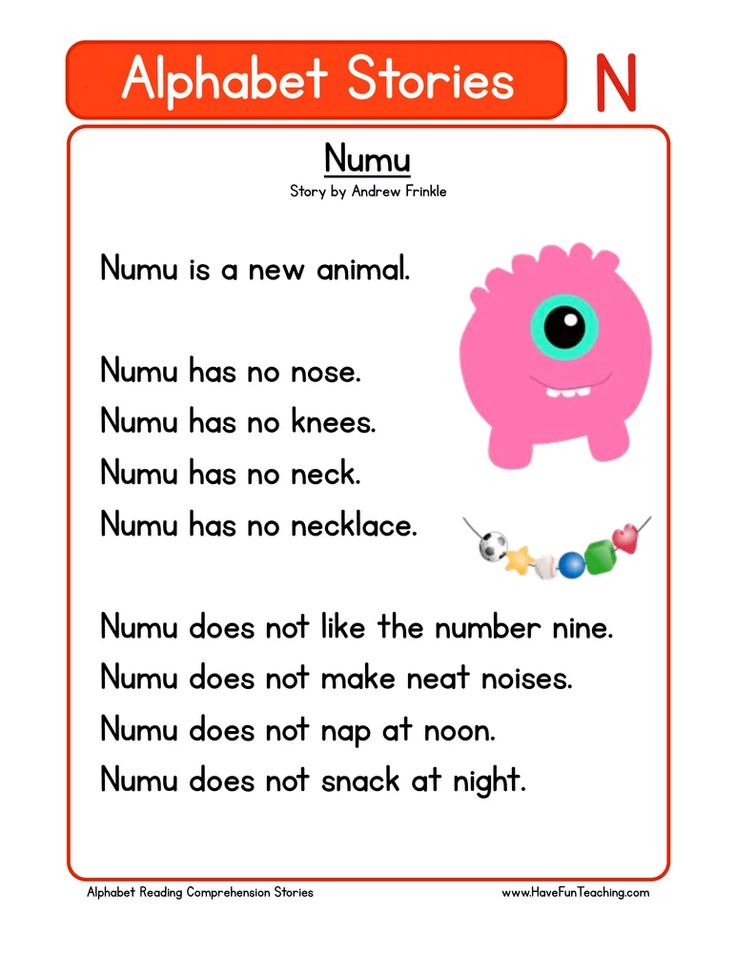
After reading the letter, R. sits thinking for a long time. Vague memories wake up in him - about a girl next door, about a girl he met on the street, about a woman in a night restaurant, but he cannot remember her face. Suddenly his gaze falls on a blue vase. For the first time in many years, it is empty on his birthday. “He felt the breath of death and the breath of immortal love; something opened up in his soul, and he thought of the past life as an incorporeal vision, as a distant passionate music.
Retold by O. E. Grinberg. Source: All the masterpieces of world literature in brief. Plots and characters. Foreign literature of the XX century / Ed. and comp. V. I. Novikov. — M.: Olympus: ACT, 1997.
Summary Letter to Chekhov's learned neighbor for the reader's diary, read a brief retelling online
Vasily Semi-Bulatov writes a letter to his neighbor Maxim. At the beginning of the letter, he apologizes for the disturbance. Maxim is a scientist and recently moved from St.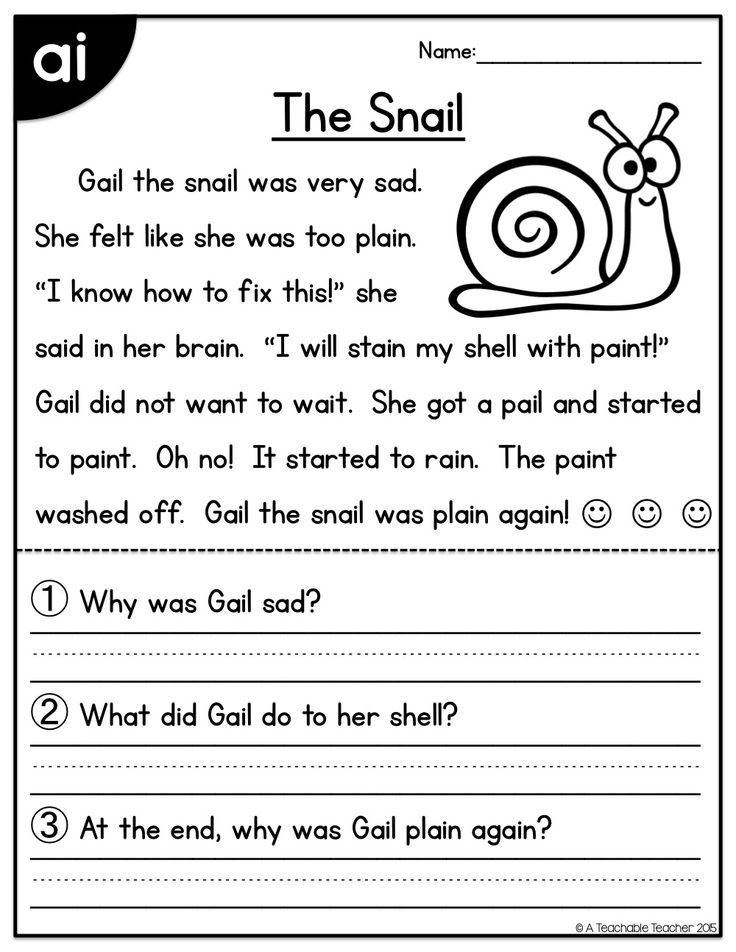 Petersburg, but he did not get to know his neighbors, so Vasily decided to be the first to make contact.
Petersburg, but he did not get to know his neighbors, so Vasily decided to be the first to make contact.
Vasily writes that he is also fond of science and art, respects scientists. Semi-Bulatov does not agree with some of the neighbor's assumptions. For example, he tries to refute the hypothesis of the origin of man from apes, arguing that if the hypothesis is correct, a man would have a tail and an animal voice.
Vasily is arguing with his neighbor about the possibility of life on the moon. According to the author of the letter, no one lives on the Moon, otherwise its inhabitants would obscure the light of the Moon and fall back to Earth. In addition, he believes that the moon ceases to exist during the day. In addition, the government will not allow people to live on the moon.
Vasily has his own small discoveries. For example, he explained the reasons why the nights in winter are longer than the days. It is as follows: the daytime is reduced from the cold, and the night time is increased due to the heating from the lamps.
At the end of the message, Vasily invites the addressee to visit him in order to discuss various topics. He himself is embarrassed to visit a neighbor.
Vasily's letter is full of various errors, which testifies to his illiteracy and ignorance, against which this story is directed.
Rate the work:
- 3.83
- 1
- 2
- 3
- 4
- 5
Votes: 202
Read summary A letter to a learned neighbor. Brief summary. For a reader's diary, take 5-6 sentences
Little boys are playing in the street with adults, then the ball flies away, and the narrator runs after it, he was hit in the ribs, and the ball flew off over the fence to the women's garden. The boy volunteered to get the ball, everyone else picked it up and threw it over the fence.
1945.